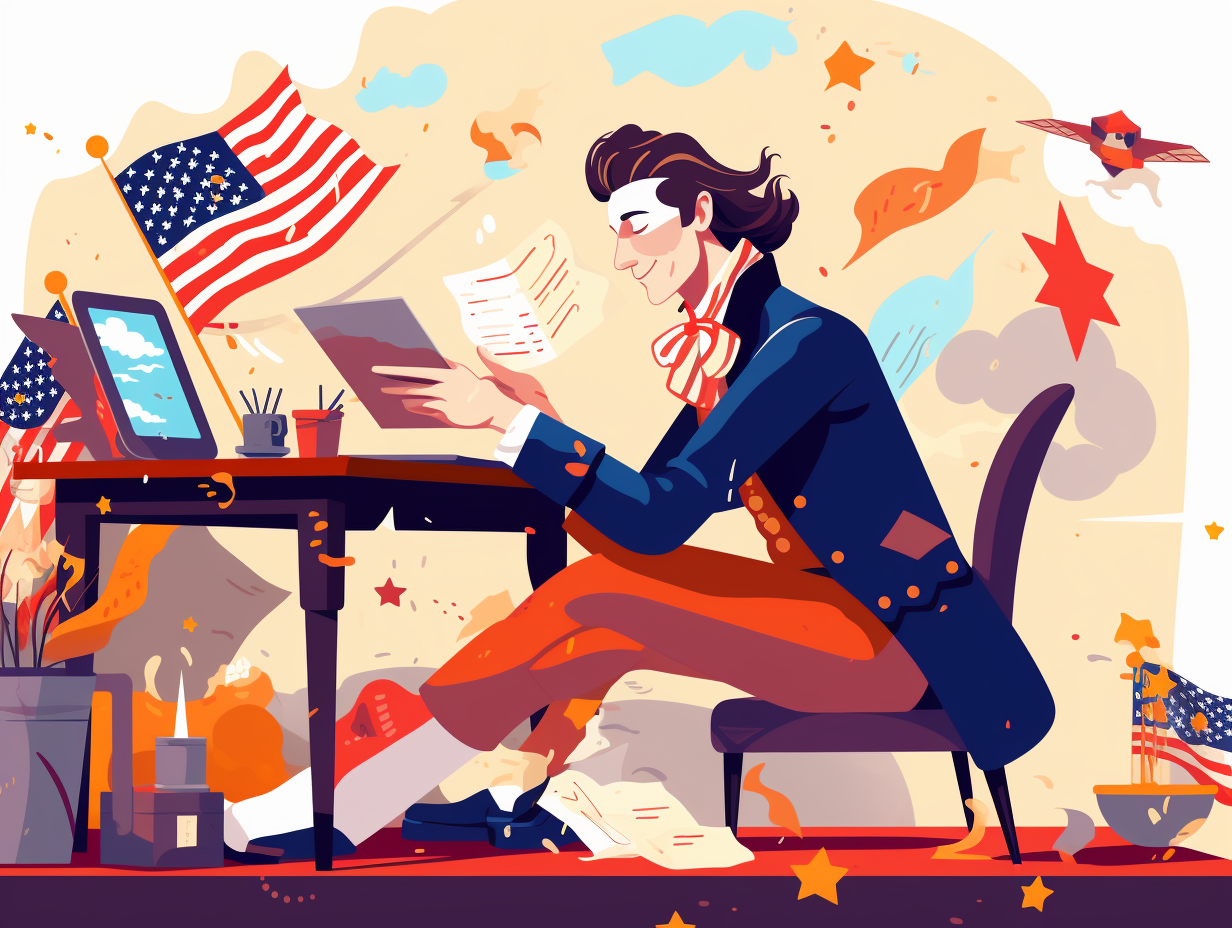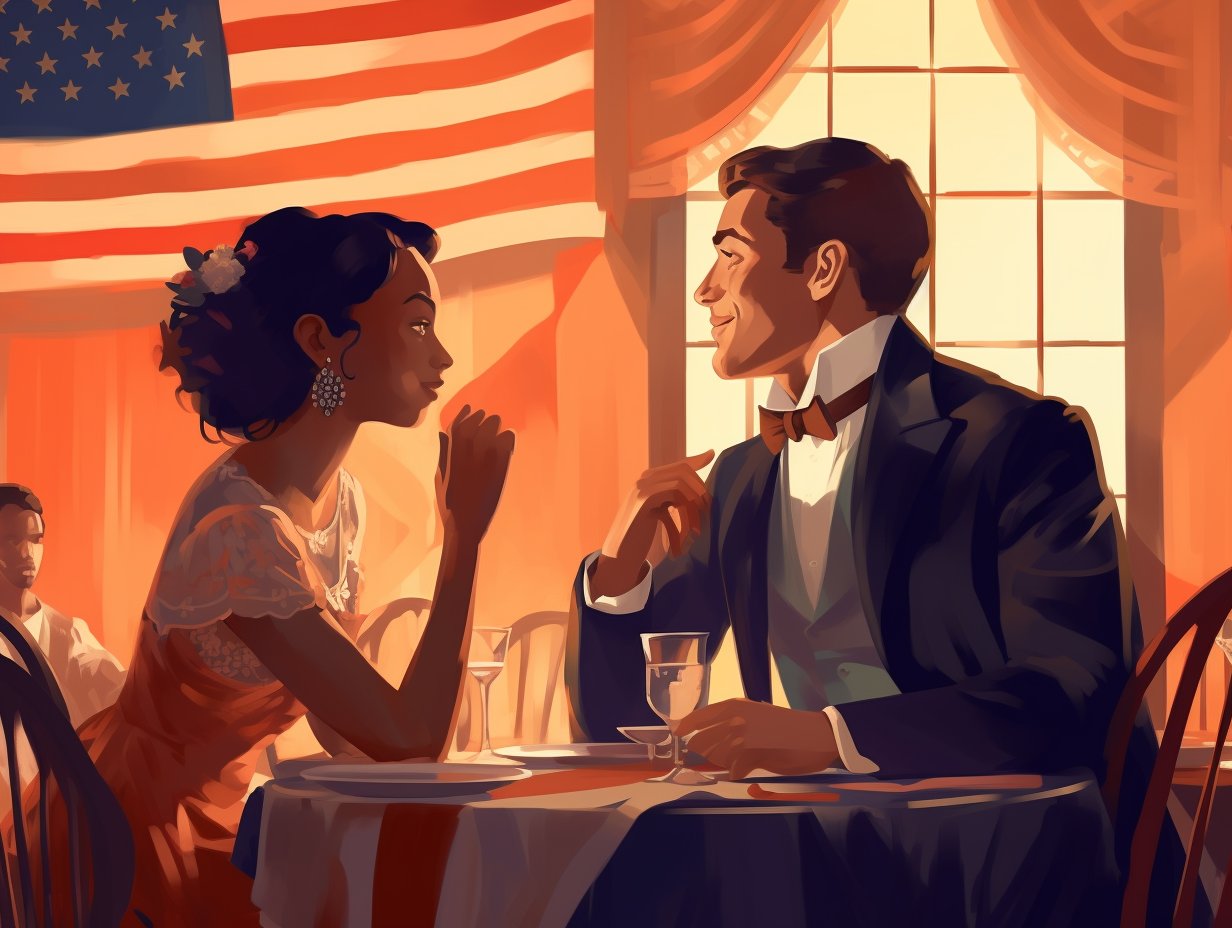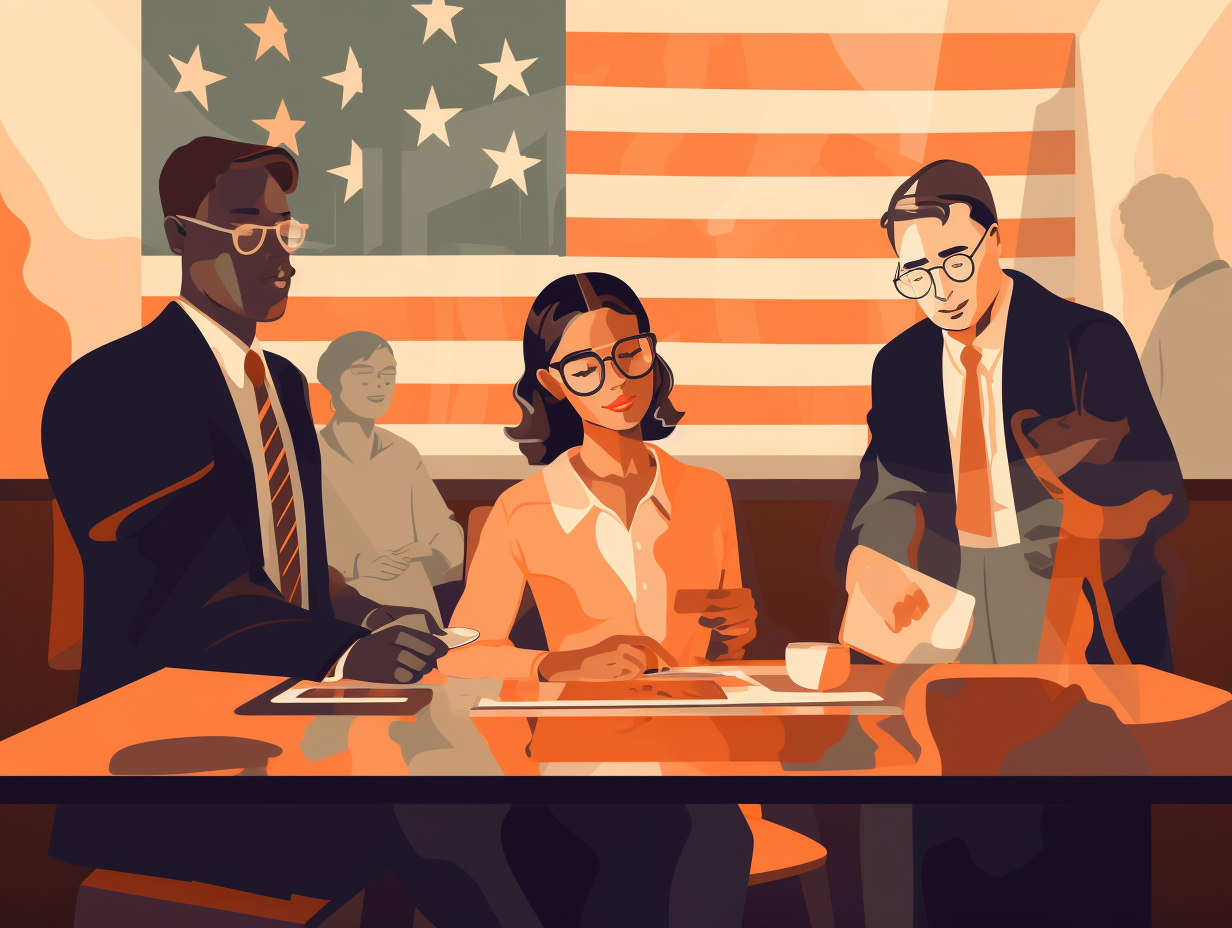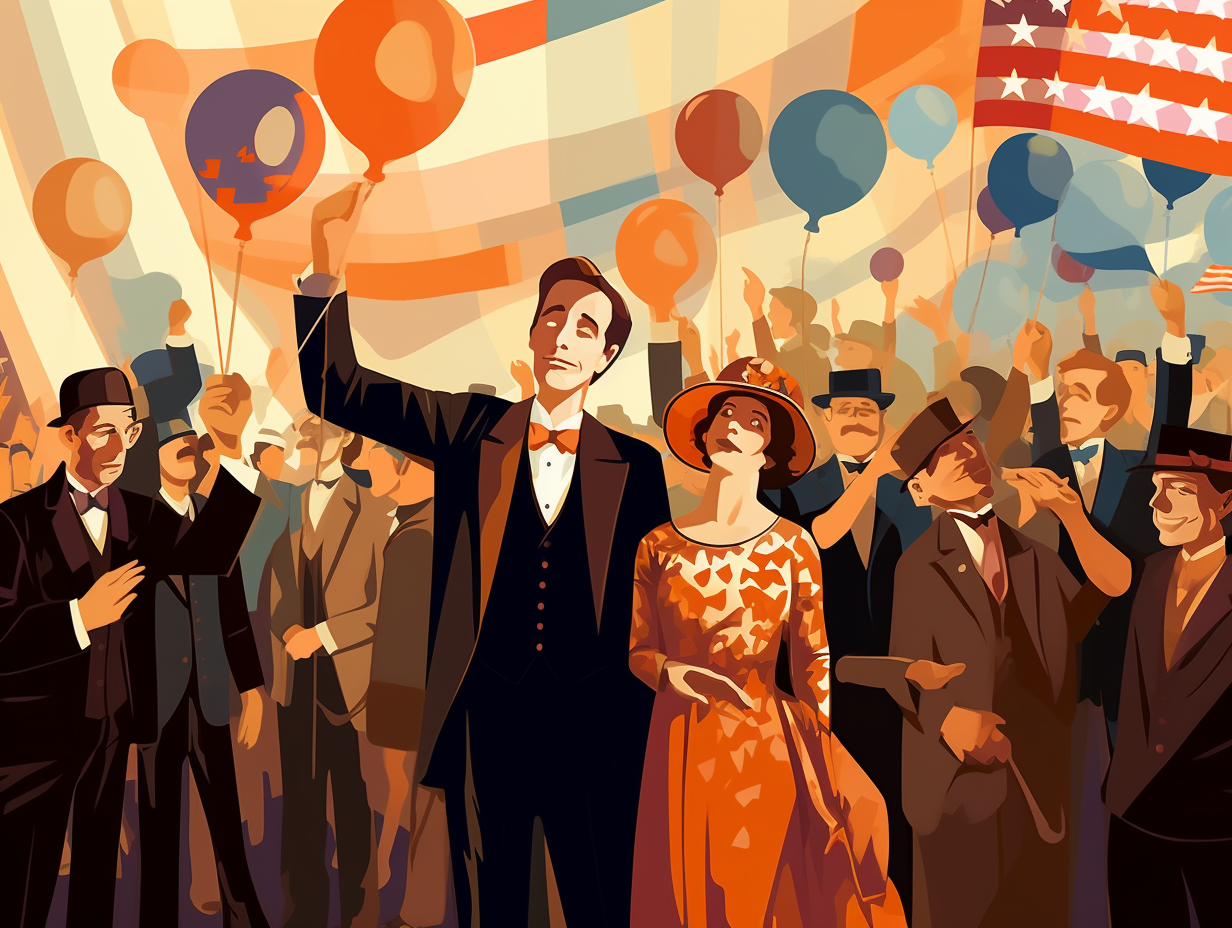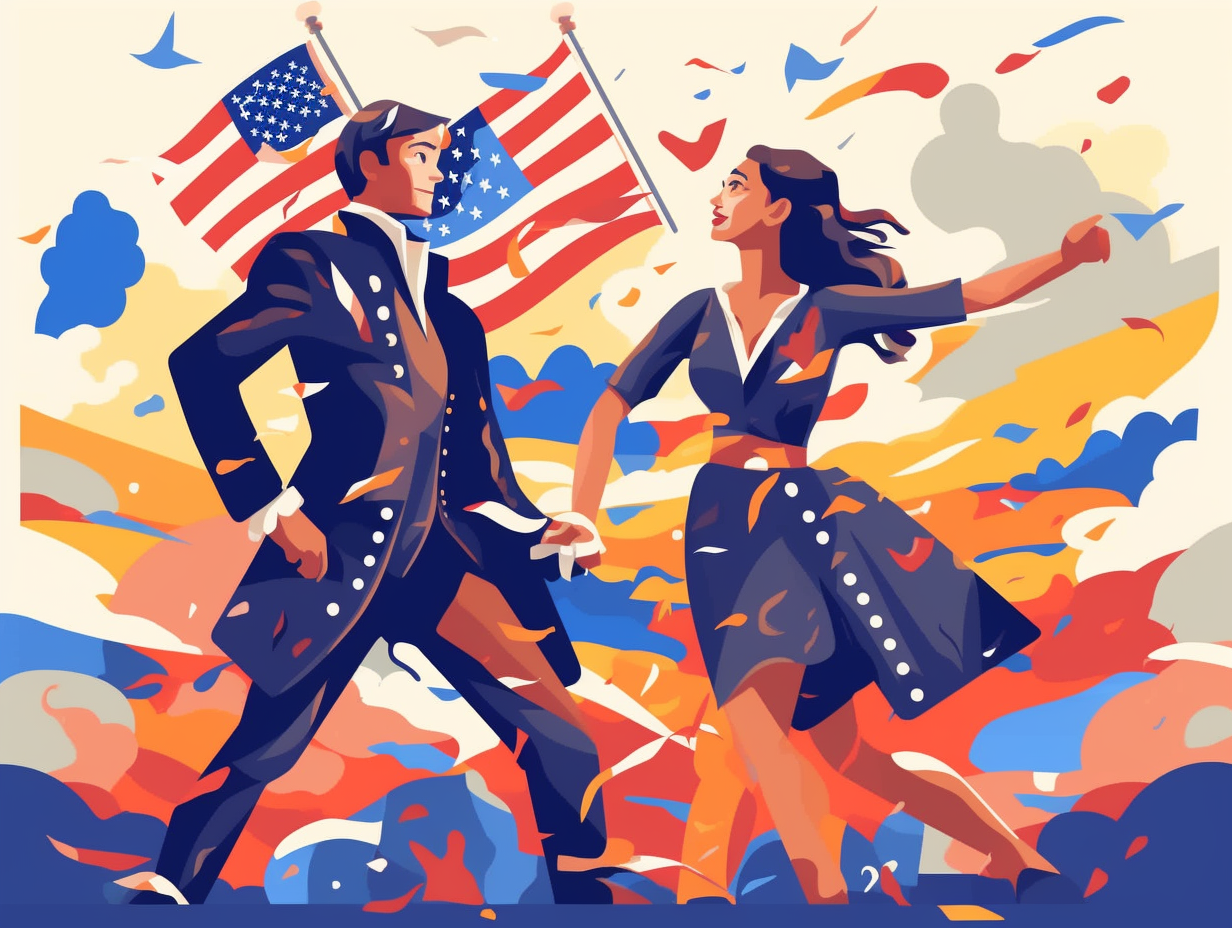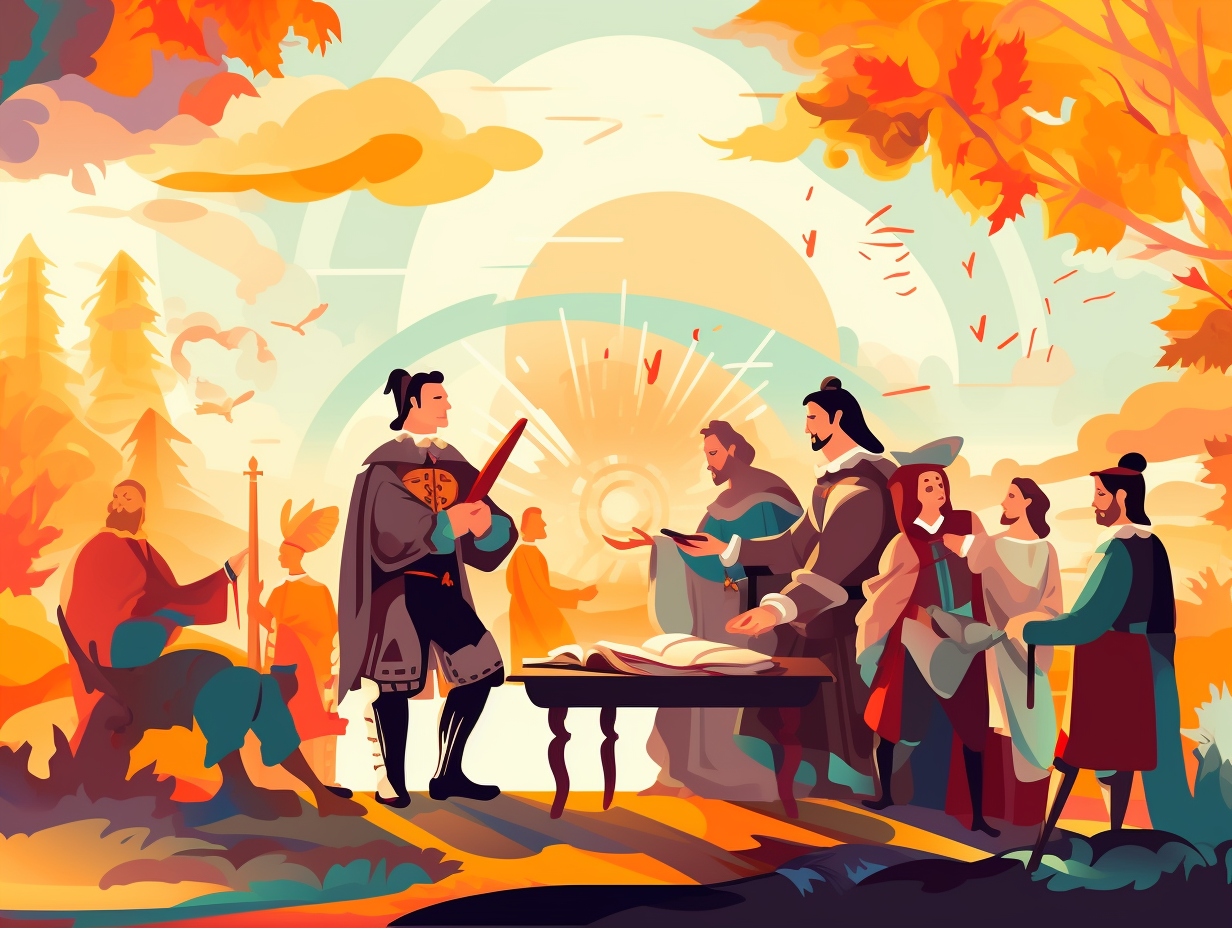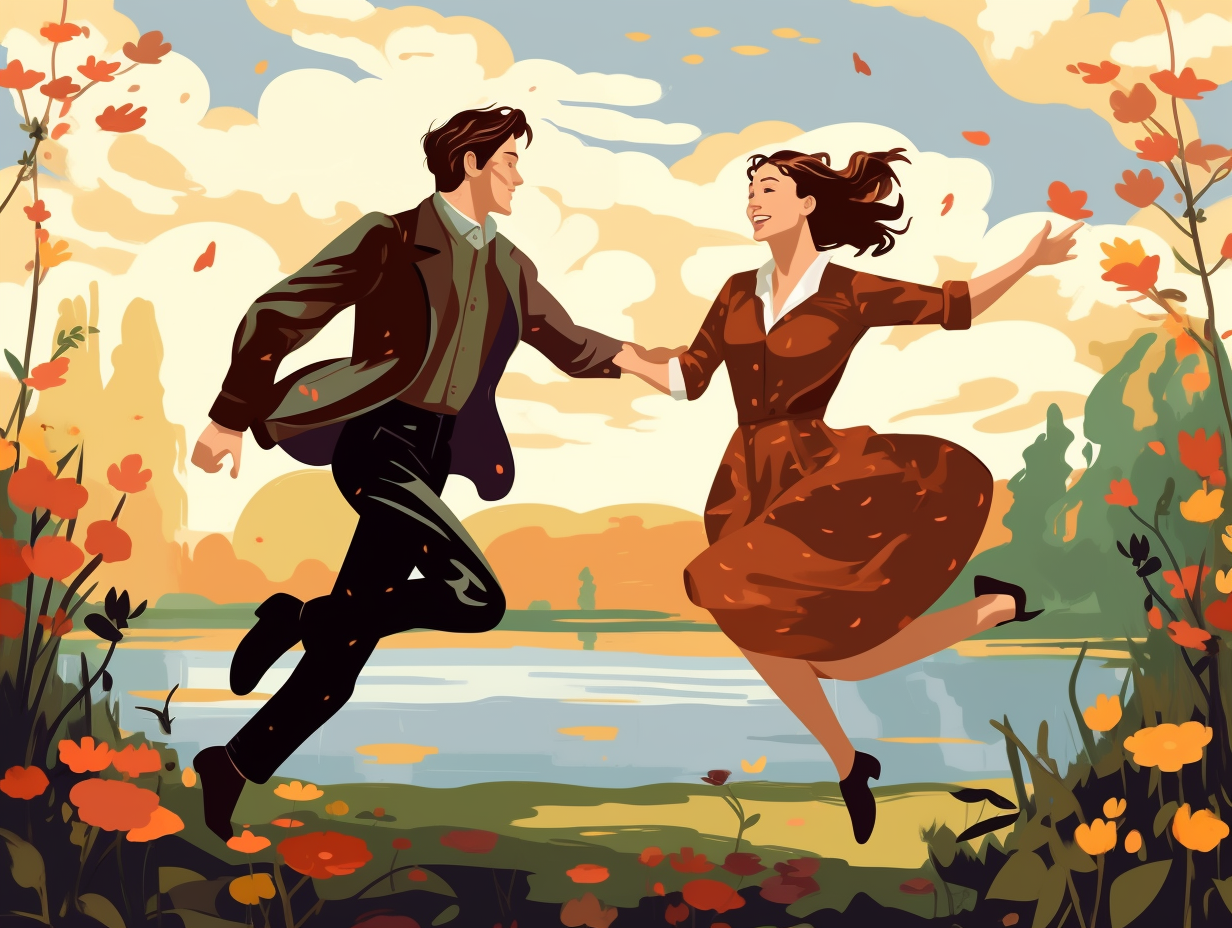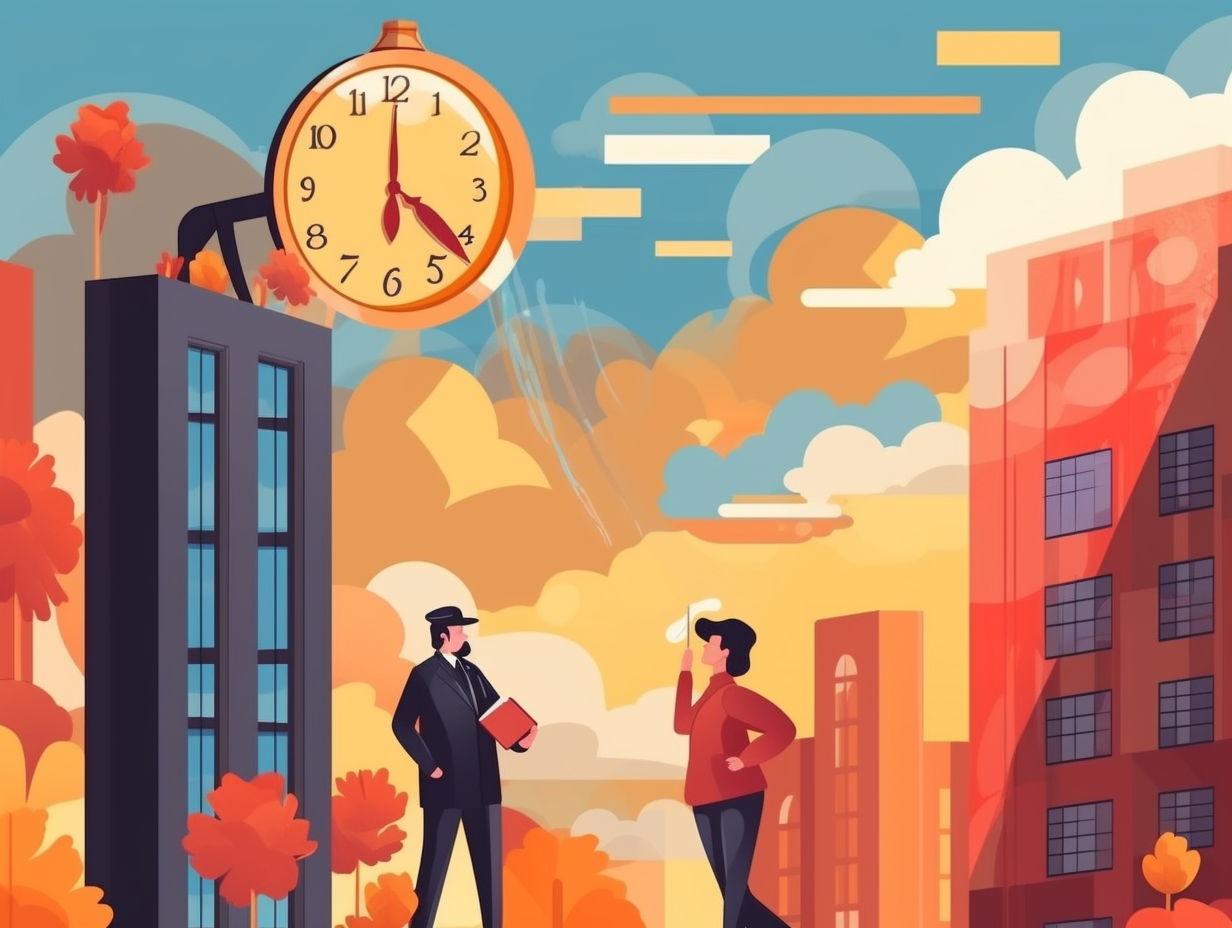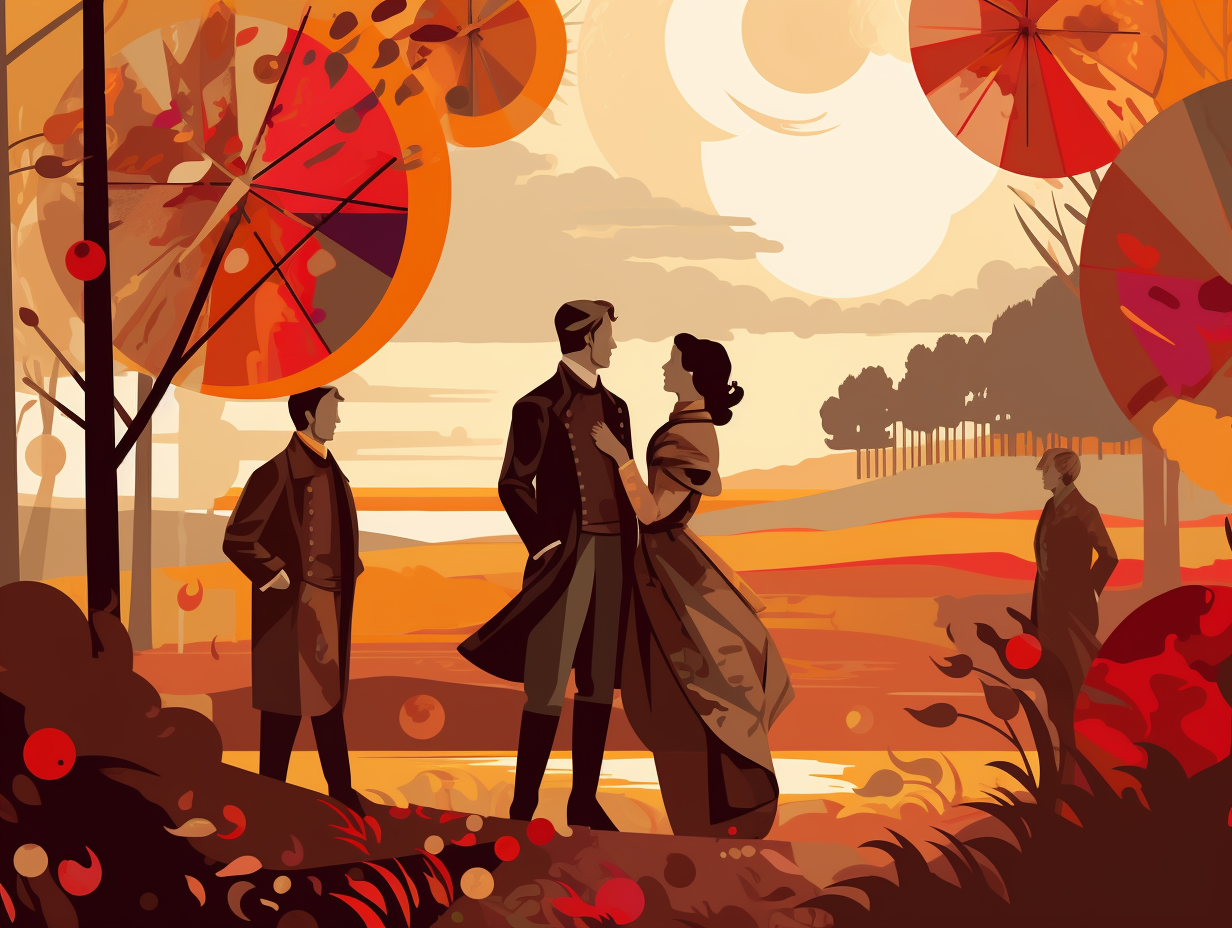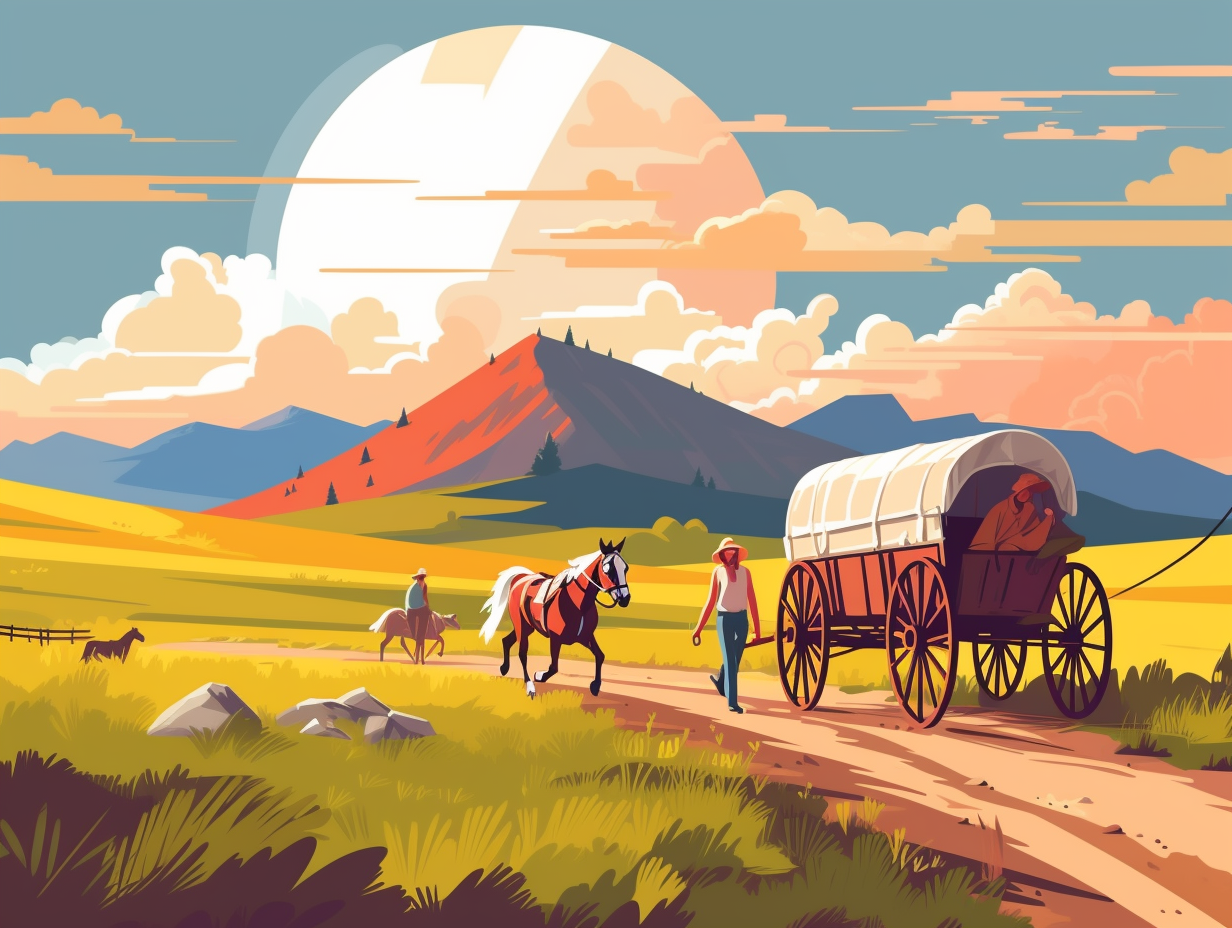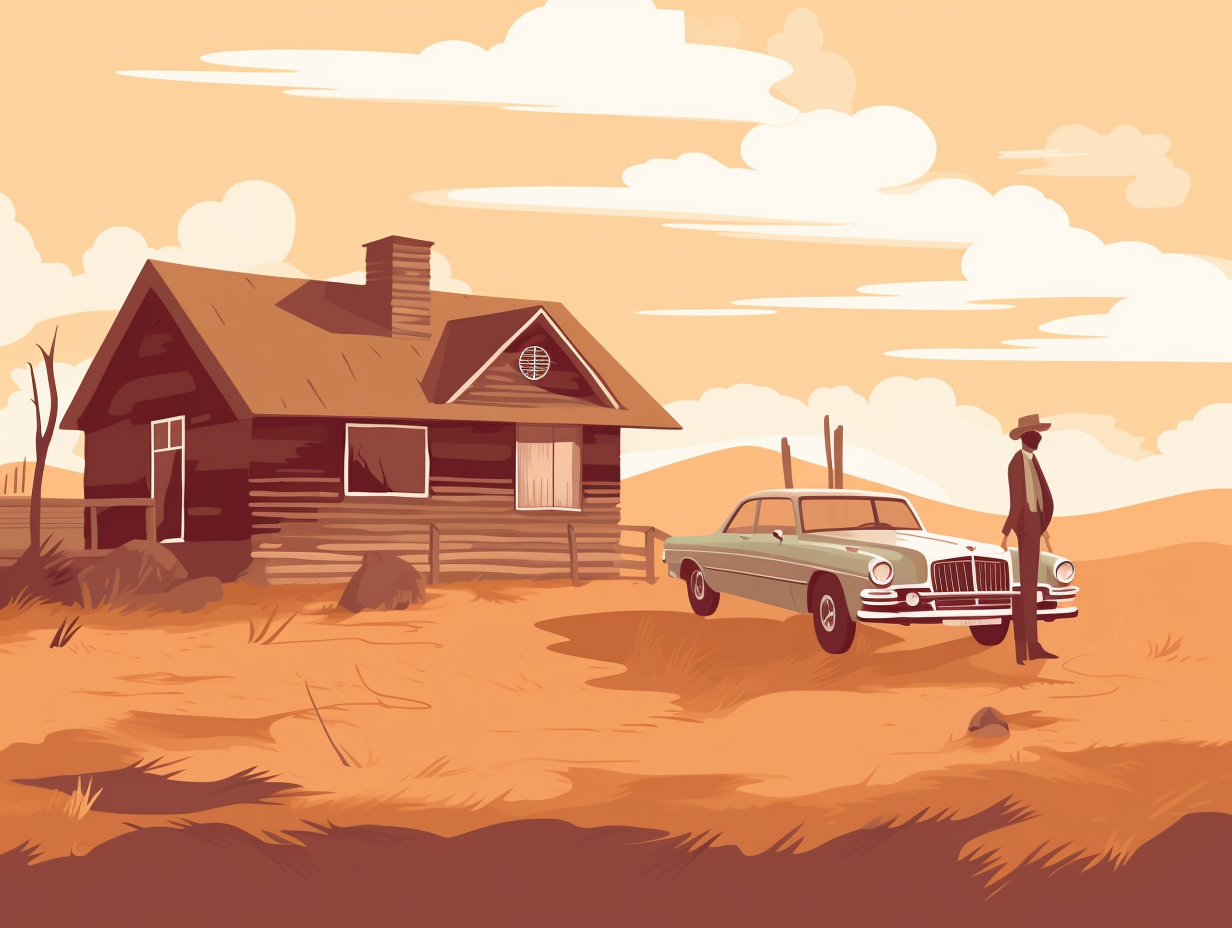Discover the Top 14 Entertaining Facts About the 17th Amendment You Never Knew!
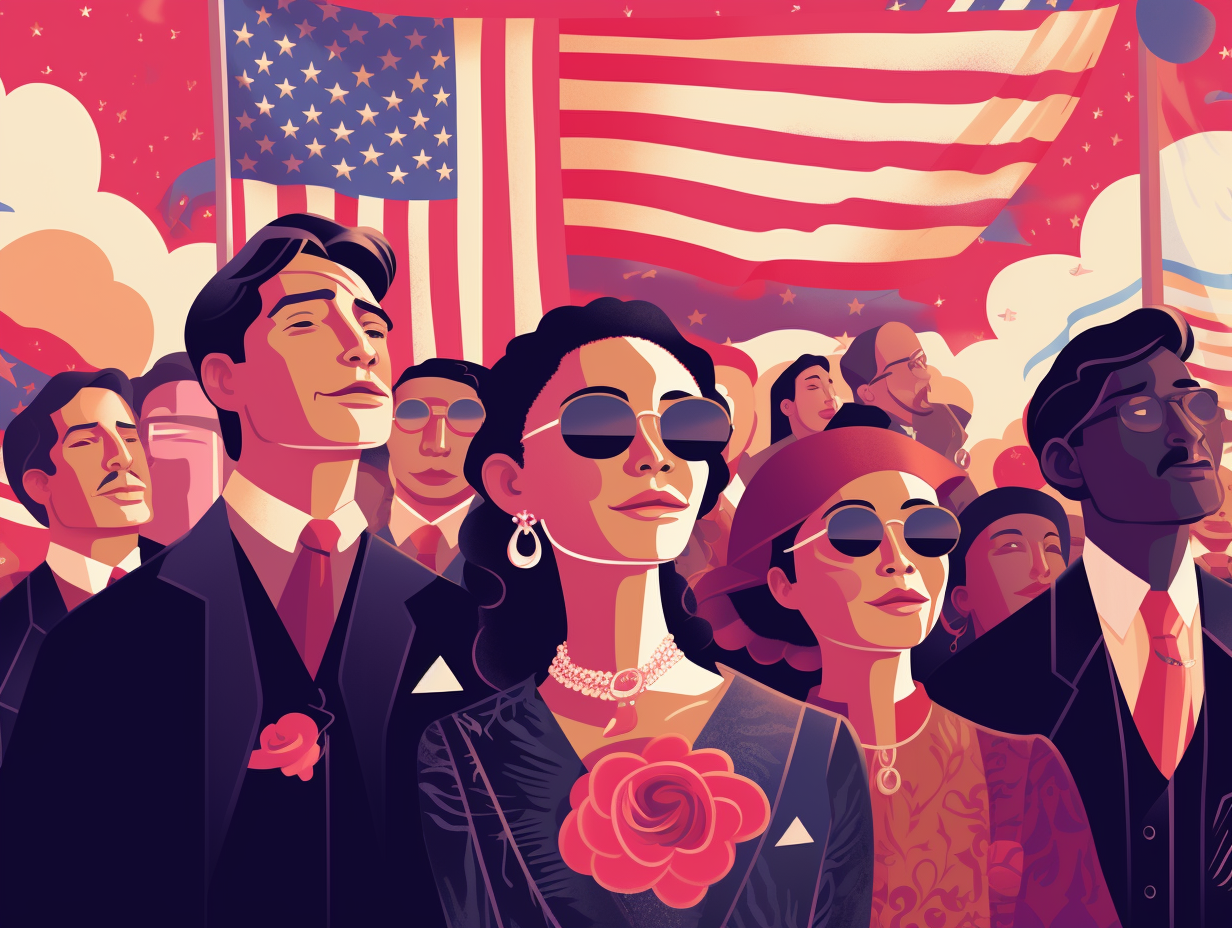
1. Reality TV Show Senate
Before the 17th Amendment swooped in like a knight in shining armor to save American democracy from the clutches of sinister puppet masters, the election of U.S. senators looked more like a season finale of a dramatic reality TV show, complete with backroom dealings, deadlocks, and shocking vacancies: But fear not, for the valiant 17th Amendment ushered in the era of direct election of senators by the people, cutting the strings of political puppetry once and for all!
Source => archives.gov
2. Senators' Broadway Debut
Before being given the A-list treatment, U.S. Senators were like understudies waiting in the wings amidst scandals and chaos, fighting for the limelight of direct democracy: Enter the 17th Amendment, which shifted the election power from state legislatures to the people, letting voters cast their ballots for top-billed Senators rather than settling for off-Broadway political intrigue.
Source => archives.gov

Did you know that Alexander Hamilton, John Jay, and James Madison secretly joined forces as "Publius" to write 85 essays promoting the U.S. Constitution? Discover how these founding fathers went viral in a pre-social media world! 📜✒️🇺🇸
=> Fun Facts about The-Constitution
3. Cosmo's Popular Senators
Hold onto your Cosmo, because senators are about to get more "popular": The 17th Amendment, ratified in 1913 after nearly a century of pressure from reformers and even support from Cosmopolitan magazine's 1906 article series, finally allowed for the direct popular election of U.S. senators.
Source => senate.gov
4. Wild West of Senate Politics
Before the 17th Amendment made the Senate a more civil place, it was a veritable Wild West of political shenanigans: an untamed frontier where bribery was as common as tumbleweeds, and electoral deadlocks led to senatorial ghost towns. Ah, 1913, the year the lawless legislature was tamed: State legislatures had deadlocked 46 times between 1891 and 1905, leaving empty Senate seats for extended periods, and no senator was elected in 14 instances, while the Senate wrangled with a whopping nine bribery cases from 1866 to 1906.
Source => senate.gov

5. Democracy Superhero
When Senators were a hot commodity and rumors of underground bidding wars were whispered in the shadows of Capitol Hill: the 17th Amendment swooped in like a democracy superhero and revealed itself on April 8th, 1913. This cape-wearing constitutional change brought direct election of Senators into the limelight and slammed the door on corruption, with Woodrow Wilson rooting for its reign like a proud parent at a school championship.
Source => woodrowwilsonhouse.org
6. First Public Flex
They say the most popular senator is the one elected by the people; well, the pre-17th Amendment lawmakers would have scoffed at that notion: The 1918 US Senate election in Illinois marked the first instance where the 17th Amendment allowed the public to flex their voting muscles, as Republican Medill McCormick triumphed over incumbent Democrat J. Hamilton Lewis.
Source => en.wikipedia.org
7. Fashionably Late Ratification
When the 17th Amendment was introduced, no state was fashionably late to the party, and it had already been spreading cheer before Utah could even don its dancing shoes: All 48 states that existed at the time ratified the amendment, with Wisconsin kicking off the festivities on May 20, 1912, and Connecticut wrapping things up on April 8, 1913, several decades before Utah's statehood in 1896.
Source => en.wikipedia.org
8. Intercepting Love Notes
You know how we all love voting so much that we can't help but nominate our favorite senators directly? Well, before the 17th amendment, state legislatures acted like a parent intercepting love notes in middle school, choosing senators without giving the citizens any say: The 17th amendment, passed in 1913, put an end to this mischief by allowing voters to cast direct votes for U.S. senators, replacing the indirect elections via state legislatures with a more democratic process, which was influenced by the "Oregon system" and a Senate investigation into bribery and corruption scandals.
Source => archives.gov
9. Voting Power to the People
In the days before reality TV and voting apps had even been conceived, the 17th Amendment was getting a head start by giving the power back to the people: Public outcry and distrust in the Senate eventually led to this amendment's ratification in 1913, guaranteeing the direct election of senators by voters, rather than through shady dealings and bargaining in state legislatures. This groundbreaking move put democracy in the spotlight as the first senator directly elected under this amendment was Augustus Bacon of Georgia on July 15, 1913.
Source => senate.gov
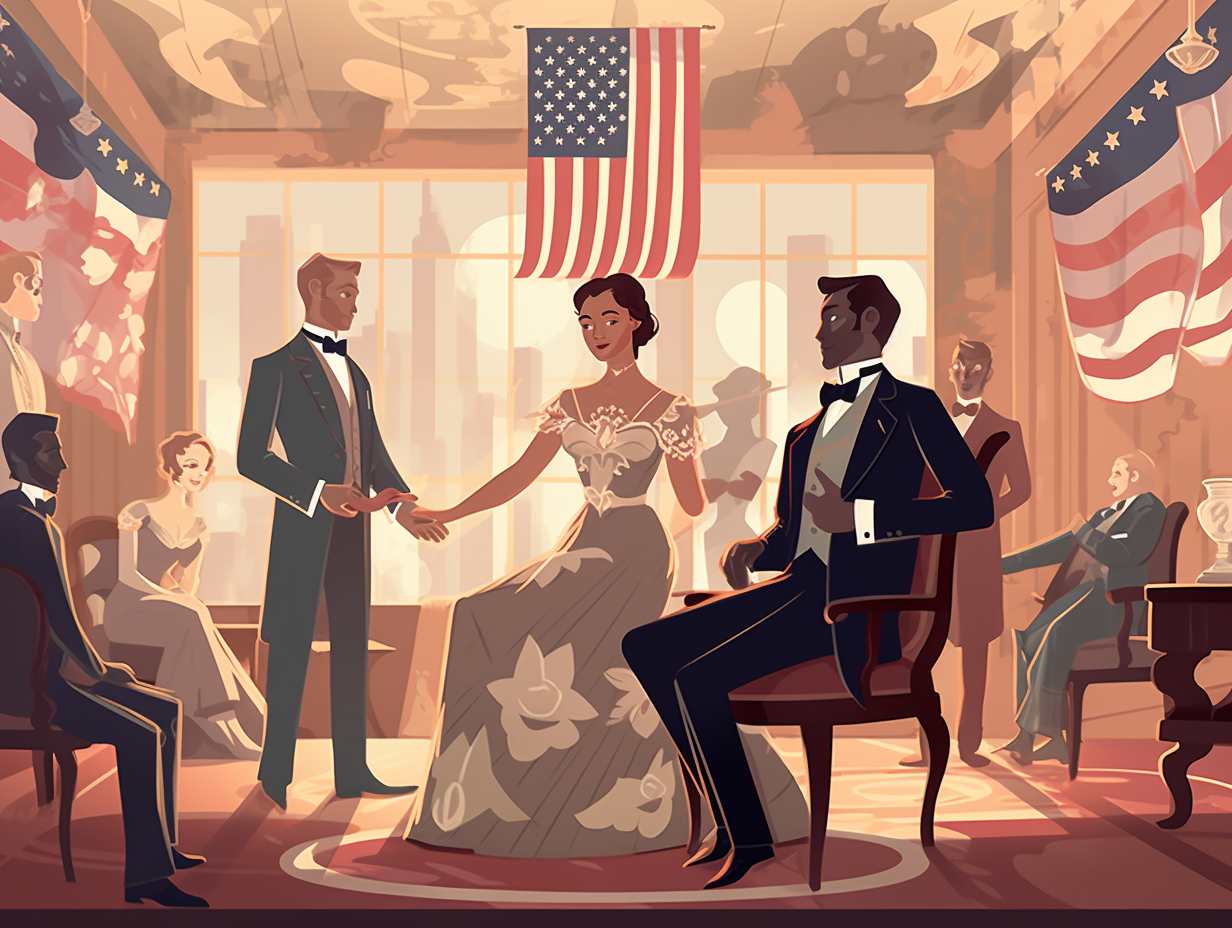
10. Adele-gations Scandal
Rolling in the deep with Adele-gations of bribery and corruption: The 17th Amendment, which introduced the direct election of U.S. senators, was spurred by scandals in Illinois and grew from the "Oregon system," where a state primary determined the most popular choice for senator, influencing state legislature candidates to support the primary's result.
Source => archives.gov
11. Founding Fathers' Unsend
In a shocking twist, even the Founding Fathers decided to hit "unsend" on a constitutional detail: The 17th Amendment directly gave voters the power to elect U.S. Senators instead of state legislatures, dramatically shaking up the structure of Congress. Passed in 1913 after crossing swords with stubborn Senators for over two decades, this comically controversial amendment has had both fans and foes, but still remains unscathed in today's political playbook.
Source => constitutioncenter.org
12. Father-to-Son Progressive Relay
In a father-to-son relay race worthy of a 1920s sitcom, Robert M. La Follette Jr. grabbed the progressive baton from his dear old dad and dashed straight onto the Senate floor: Following his father's death in 1925, La Follette Jr. continued the family legacy as a progressive leader in Wisconsin and served as a U.S. senator himself from 1925 to 1947.
Source => en.wikipedia.org
13. Dancing Deadlock
Dancing in the Deadlocked Ballroom of Democracy: In a sweeping two-step that permanently changed the political waltz, the 17th Amendment kicked state legislatures out of the senator selection process in 1913, booting them in favor of direct popular elections.
Source => senate.gov
14. Constitutional Superhero
Before the 17th Amendment swooped in to save the day like a dashing constitutional superhero, the heroes of state legislatures across the land were frequently caught in the nefarious webs of political deadlock and special interest villains: Enter the 17th Amendment in 1913, which saved the day by granting ordinary citizens the power to elect U.S. senators directly, ensuring justice and fairness in the electoral process.
Source => archives.gov
Related Fun Facts

